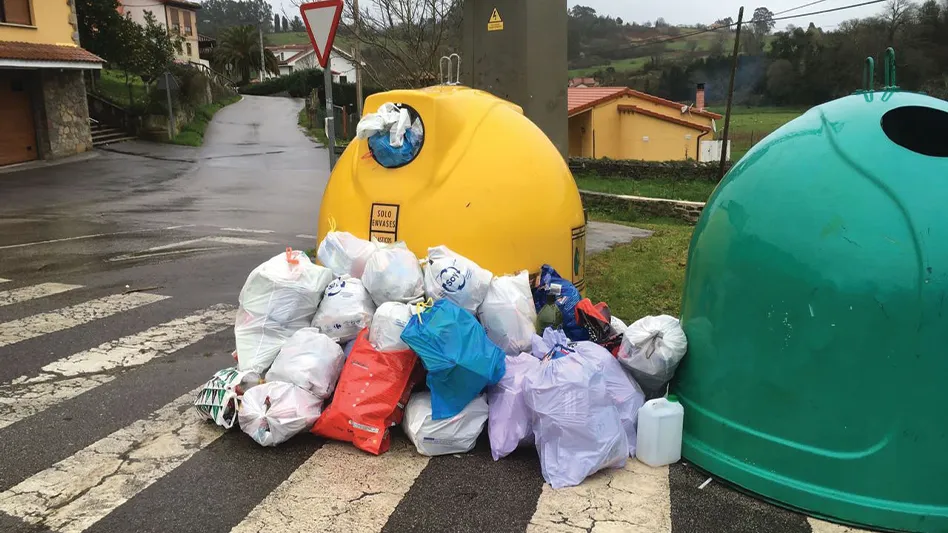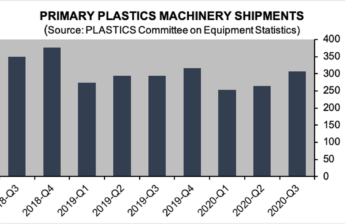According to a study conducted by Brussels-based Zero Waste Europe and the Zero Waste Alliance, Spanish company Ecoembes, which is responsible for managing packaging scrap in the beverage industry, has been discovered manipulating data.
The two organizations claim Ecoembes lists a 2021 separate collection rate of 71 percent for small plastic bottles, when that number actually is 36 percent—well below the 70 percent target mandated by Spanish law for 2023.
The groups say this non-compliance is important as it “obliges the immediate implementation of a deposit return system (DRS) for cans, bottles and cartons.” They also note that DRS works in more than 50 regions around the world and ensures the reuse and recycling of 90 percent of beverage containers.
The groups now are urging the Spanish Minister of Ecological Transition and Demographic Challenge, Teresa Ribera Rodriguez, to acknowledge the non-compliance.
“This dismal 36 percent is a wake-up call for the Spanish government,” says a Zero Waste Alliance spokesperson in a news release. “As mandated by the Spanish Waste Law, it’s high time to roll out the deposit return system for beverage containers.”
The Zero Waste Alliance says Spain’s manipulation of recycling results is “paradigmatic” at a European level. Zero Waste Europe has announced it will take the evidence presented in the report to the European Commission to “put an end to the fake data blocking the implementation of zero waste policies.”
Member states must report the initial data on the separate collection of plastic beverage bottles for 2022.
United Kingdom-based Eunomia Research & Consulting led work on the study, titled “Analysis of the Separate Collection Rate of Plastic Beverage Bottles of up to three litres in Spain.” It forms three conclusions: opacity in Spain’s packaging scrap data; a lack of solid methodology for tracking legal milestones in plastic bottle collection from the ministry; and inconsistencies in the beverage industry’s data.
“If recycling rates were achieved, it would be transformative,” says Joan Marc Simon, founder of Zero Waste Europe. “But the industry’s ongoing data manipulation hinders the adoption of zero waste policies. That’s why we’re left with no choice but to bring this evidence to the European Commission, urging Eurostat to reject these fabricated figures that stall progress.”
Source: recyclingtoday.com









